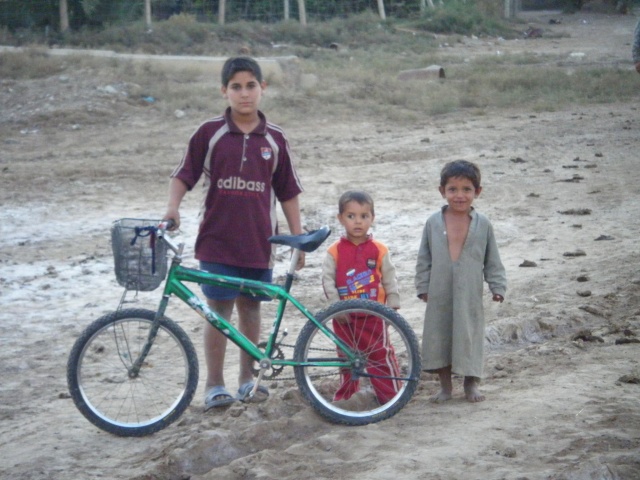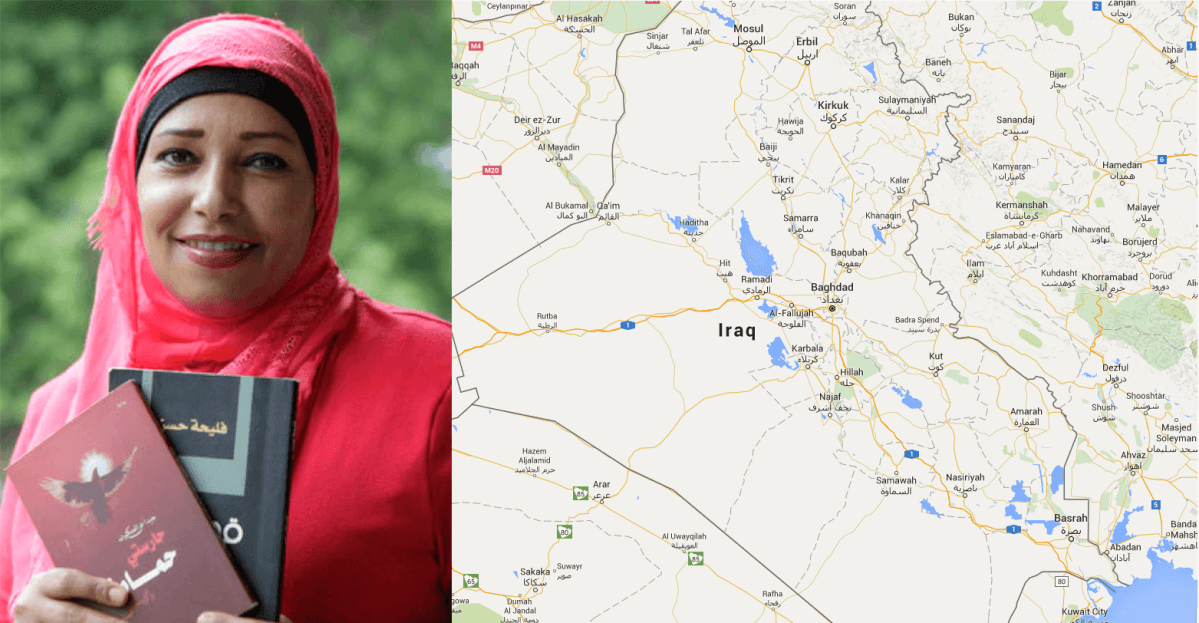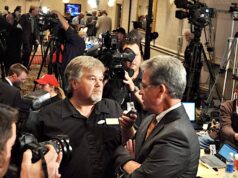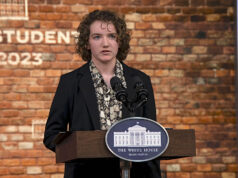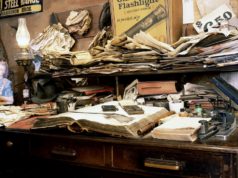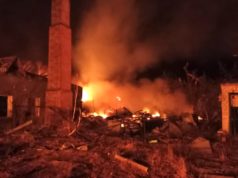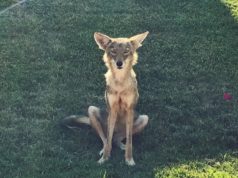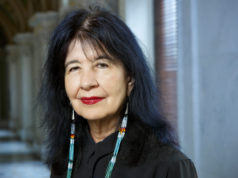
(Editor’s Note: You can read more about Iraqi poet Faleeha Hassan’s life by clicking here. Two of her poems were also published in this week’s Sundaze, and the piece Stalingrad was published Monday.)
At The Margin of The War
by Faleeha Hassan
“Those are stars,”
says the child,
as airplanes distort the face of the sky.
“I used to rest my head,”
his sister says, “upon his kind arms.
I don’t remember how we
found the bones of the murdered one
who was my Daddy who
was defending us on this mirage-earth,
asking a shadow; how did this begin?”
The ash women cry,
“These are the portents of those lost
in the darkness of the prisons.”
One of them calls for help,
“I didn’t find him.
He left without a helmet,
and nothing distinguishes him
but his heart.
He was like my country
too great to bear.
They returned many corpses
but not his.”
“These are the marks of a faded morning,”
says the woman who, still
tidying the bed blankets,
dreams he may come in one longing night,
lights a match,
holds back grief.
“These are the memories of past years,”
says one who has just come.
“To whom has my age been sold as wood fire
for a fire that has raged for twenty-three years
without ending?
These are mirrors for my hollow life.”
Birds cry as they follow an Apache squadron,
“Where are the windows?
Where are the windows?
We want air!”
Translated by Soheil Najm
We Grow at The Speed of War
by Faleeha Hassan
God didn’t consider us when he created earth
By saying: become. We were children stuttering
In the whispers of sleeping homes.
We ran to schools enveloped by our mothers’
prayers that feared everything.
But the head mistress shortened our lives with a quiet sentence:
‘We’ll return after the end of the war… in ten days’,
In her Kurdish accent.
So we remained, gathered in the school yard
Wide eyed, our souls bewildered and afraid.
The days stretched and became years.
We separated, boys to battlegrounds
and girls to the waiting steps.
My friends never returned.
Their leftovers were gathered in wooden boxes
Decorated with holes of separation.
My mother, like us, suffered from waiting.
She sat beside us holding on for father.
Who used to return a time and leave many times;
We didn’t know where he went.
To avoid a question he’d say: ‘to the mobile frontline.’
We started to collect our days and stuff them in calendars.
In our grief we painted our eyes with the dust
of graveyards. There was nothing but banners:
(Long live the leader).
And yes, he lived long enough to stitch one war with another.
My father’s sister counts her children with her days
they never returned.
In one wake she said goodbye
to all of them
then vowed a long silence.
‘We left the war as winners’
hah
said the leader.
Let’s go to my second war’
The soldiers knew nothing about it.
My mother counts my brother’s soldier belts,
She knows the battles are a losing game.
We hunger.
We hunger,
And the leader’s belly grows.
He appears, crying on the channels:
‘I only have one suit’,
And behind the screen, he weds his son in a golden plane.
‘Don’t worry’
My neighbour pats his son’s back,
‘I returned from the war alive and will stay.’
He rushes before the light of dawn to the hospitals
Investing every penny from his veins.
My sister sits
putting her baby to sleep, she sings: ‘I want the war to never return,
And you stay for me.
Make up for your father who left us without rerun.
The martyr of wars.’
But she’s bad,
A hypocrite,
So crafty.
She eavesdrops, and as soon as he grows she steals him.
‘Don’t you have enough?’
Will there be a day that I can surround my family
with peace – like other people?
Will there be a day that I count my wishes
in a notepad and they come true?
I am no woman if I don’t tell you face to face.
And this gesture does not suit you.
You are the worst free spirit.
Translated by Dikra Ridha
RELATED
Iraqi poet Faleeha Hassan: Forged in war, fueled by hope by Graham Dudley









